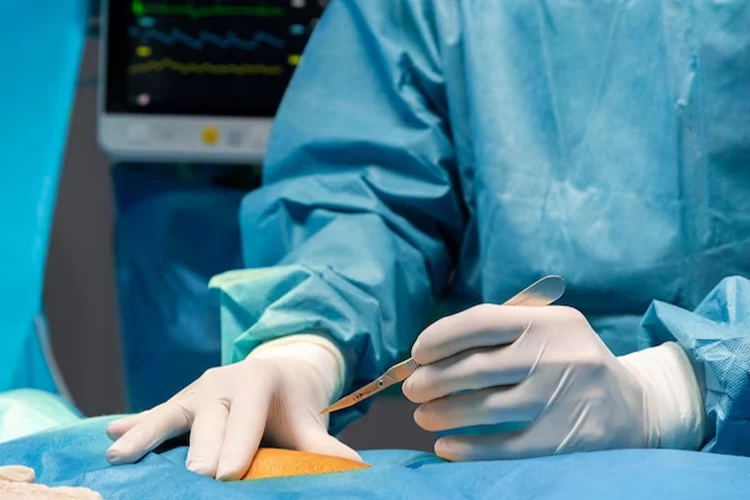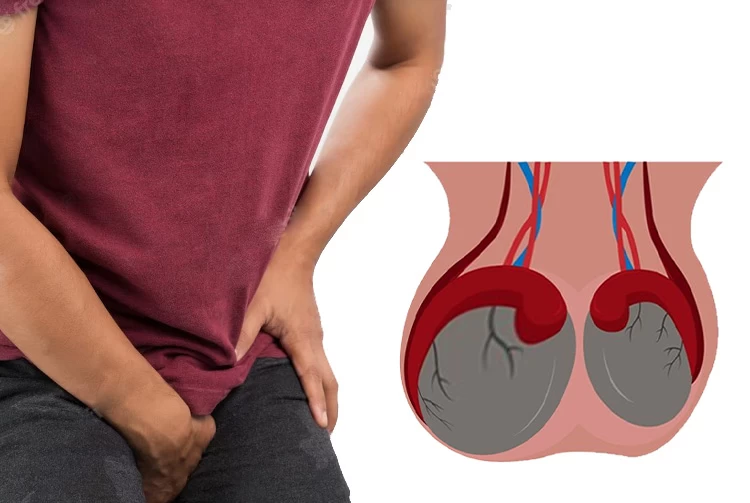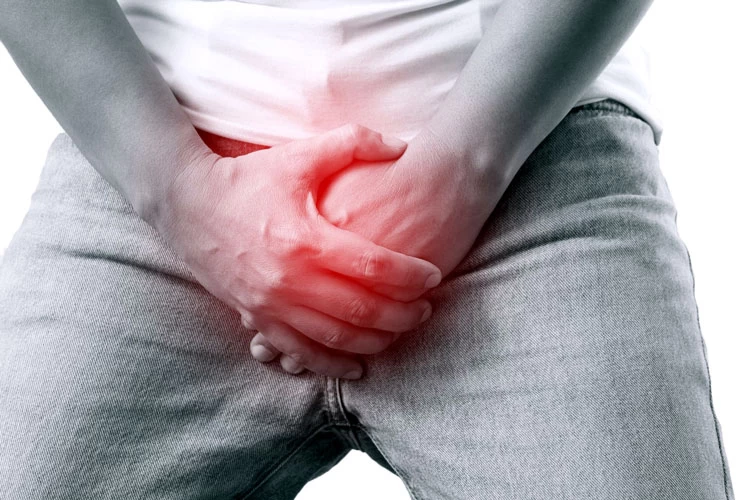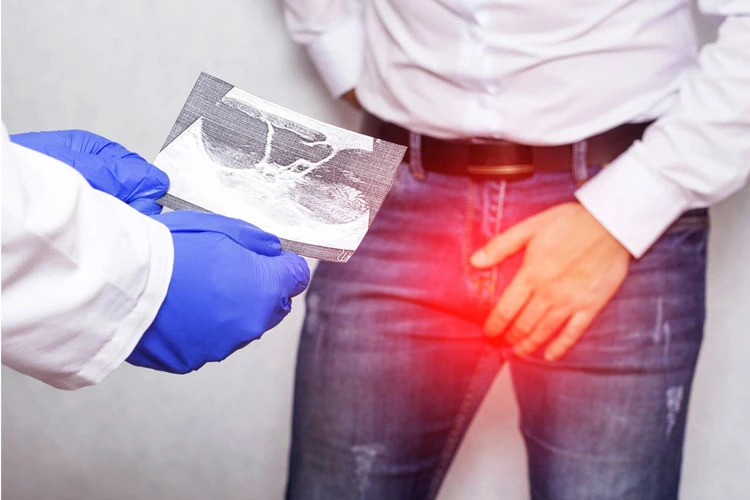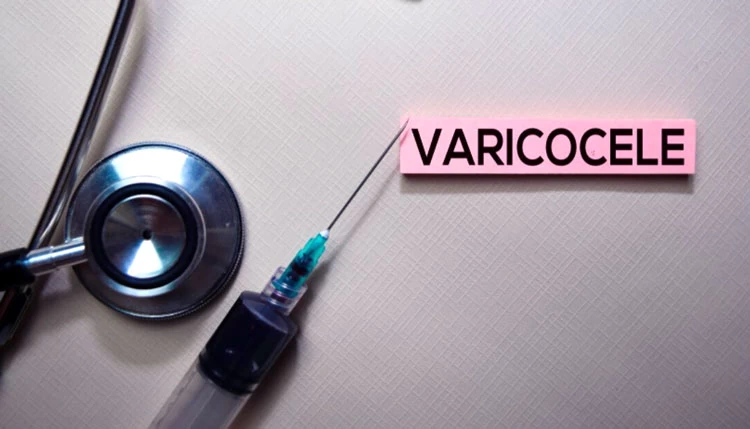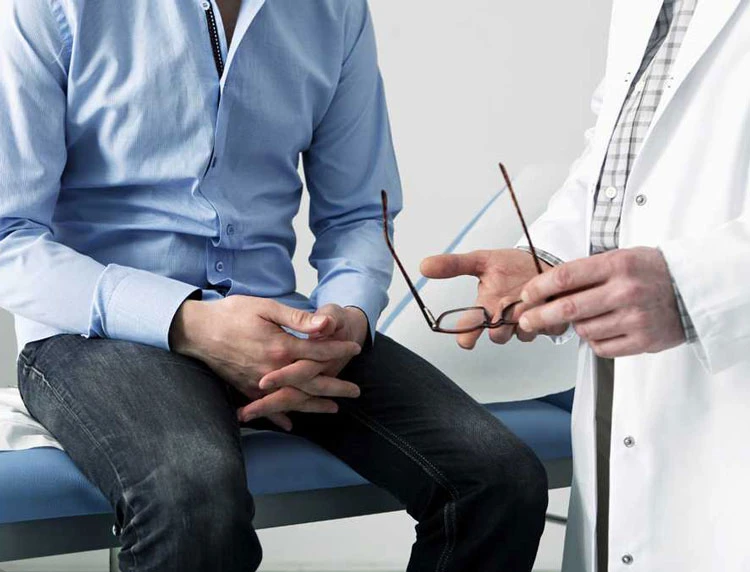Varicocele surgery reduces scrotum pain and treats infertility; however, it may cause hydrocele, damage to the scrotum’s vein, testicular atrophy, or testicle inflammation. Varicocelectomy is done in various ways, including open surgery, microsurgery, laparoscopy, and embolization, but the safest method is laparoscopy surgery.
The procedure of vasectomy involves numbing the scrotum’s skin and making a small incision in it to remove the vas deferens. Vasectomy works in %99 of cases, but you should use other birth control methods for 3 months after the operation as there may still be sperm in your semen. Favorably, this operation does not affect your testosterone production, orgasm, and libido.
Retrograde ejaculation can cause infertility, painful ejaculation, frequent urination, etc. Treating this disease with certain medications, supplements, surgery, and using homemade remedies improves your symptoms and increases your chance of fertility.
Permanent testicular atrophy may happen due to trauma, using Anabolic steroids and Corticosteroids, genetic disease, alcohol and drug abuse, infection, cancer, taking hormonal medications, and testicular torsion. Lifestyle changes, medications, different surgeries, and other methods can treat this disorder.
After diagnosing hydrocele by physical examination and bloodwork, the doctor decides whether open or laparoscopic surgery is required to remove the fluid sac. Patients usually have pain, swelling, bruising, and itchiness in their scrotum after the operation, all of which will be resolved within a couple of weeks. Following post-op tips after hydrocele surgery is necessary to avoid scarring, hematoma, infection, and other complications.
Serious testicular problems such as varicocele, testicular torsion, reproductive system cancer, hydrocele, and testicular atrophy can adversely affect male infertility. The first step to treat testicular diseases is diagnosing them through ultrasound, nuclear scan, blood test, semen analysis, and physical examinations.
In most cases, grade 1 varicocele does not require surgical treatment, but if left untreated, it may affect sperm production and quality. Men dealing with grade 1 varicocele can improve their condition by changing their lifestyle, taking prescribed medications, and, in more serious cases, undergoing microscopic varicocelectomy.
Varicocelectomy benefits men who have low testosterone levels, fertility problems, and pain in their testicles. In this operation, the surgeon removes or blocks the enlarged vein and improves blood flow in the scrotum. Depending on the varicocele grade and the patient's symptoms, the urologist may choose laparoscopic surgery, embolization, open surgery, microsurgery, or other surgical methods to remove the damaged vein.
Grade 3 varicocele is the most severe type of this disease, which is associated with constant pain in the scrotum, testicular atrophy, and infertility. Although grade 3 varicocele is not life-threatening, it may cause blood clotting and damage to internal organs, so it should be treated through open surgery, laparoscopy, or subcutaneous embolization.
Male infertility happens due to untreated varicocele, chronic infection of the reproductive system, hormonal imbalance, genetic issues, chromosomal abnormalities, previous surgeries and traumas, taking certain medications, and many more problems that affect sperm production and quality.

